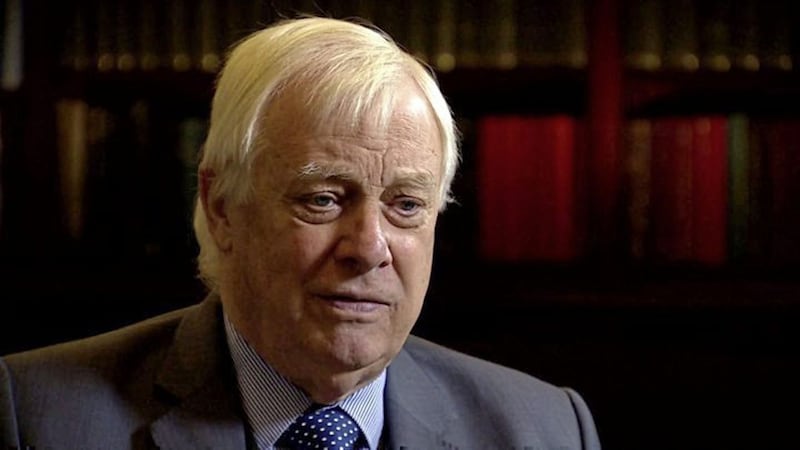There have been calls for the establishment of a covert surveillance commissioner after it emerged the PSNI secretly searched the phone records of a journalist who was investigating the force.
The PSNI has come in for criticism from politicians and human rights groups after respected journalist Barry McCaffrey, a former Irish News reporter, was told earlier this year that police accessed his phone records without permission in 2013.
Mr McCaffrey's investigation for The Detail, an award-winning news and analysis website, was linked to the PSNI practice of rehiring former police officers who took severance packages under the Patten reforms.
Read More: Snooping scandal: Police secretly search journalist's phone records
Claims of PSNI covert surveillance on journalist phone records branded 'incredibly serious'
It is understood the snooping operation was launched in a bid to identify Mr McCaffrey's sources.
The powerful Investigatory Powers Tribunal (IPT), which considers complaints from people who believe they have been the victim of unlawful interference by public authorities, using covert techniques, including the PSNI, is currently considering the controversy.
Details of the surveillance scandal emerged after Mr McCaffrey and his colleague Trevor Birney made a complaint to the IPT in 2019 over their arrest the previous year in connection with a highly-acclaimed 2017 documentary about the UVF murder of six men at the Heights Bar in Loughinisland, Co Down, in June 1994.
Revelations that the PSNI have been snooping on a journalist have now led to calls for a special commissioner to be appointed in the north to scrutinise the activities of state agencies.

The establishment of such a role was recommended by The Independent Commission on Policing for Northern Ireland, also known as the Patten Commission, which was chaired by former British government minister Chris Patten.
In 1999 it produced a report that cleared the way for the establishment of the PSNI, incorporating the RUC.
Intended to make policing more acceptable to nationalists, the Patten Commission made a series of recommendations, which also included the setting up of the Policing Board and Police Ombudsman.
The Patten report also called for the appointment of a "commissioner for covert law enforcement in Northern Ireland".
However, this has never happened.
While a London-based Investigatory Powers Commissioner’s Office already exists there is currently no dedicated oversight in the north.

Daniel Holder of the Committee on the Administration of Justice, said that in light of the recent claims a new role needs to be created.
"The Patten Commission recommended a commissioner for covert and law enforcement for Northern Ireland that would have powers to oversee surveillance and informant running and all related areas," he said.
"The revelations of this week show the need for that is still pressing and now is the time to revisit it."
A recent report produced by the Policing Board's Human Rights Adviser, John Wadham, has recommended the appointment of an Investigatory Powers Commissioner for Northern Ireland.
The Human Rights Review of Privacy and Policing report focused on a number of issues including the PSNI's use of surveillance equipment, listening devices, surveillance of social media and the websites that people visit.
The well-received report stated that "transparency in policing is difficult when techniques of targeted surveillance are concerned".
"Nevertheless, what techniques are actually used by the PSNI in secret is often exaggerated and distorted," it added.
"However, it is precisely these factors which continue to undermine confidence in PSNI, especially in some communities."
Details of the phone trawling scandal involving Mr McCaffrey were first hinted at publicly in the Policing Board report.
A footnote in the 145-page document revealed the watchdog has been informed that a case involving the PSNI is pending with the IPT.
"This case relates to allegations made about unlawful data collection in 2013," it said.
"The Human Rights Advisor is seeking more information about this case from PSNI."
A spokeswoman for the board said that "at the July board meeting, following discussion on the Investigatory Powers Tribunal case referenced, the board asked its Human Rights Advisor to keep the matter under review.
"An update will be provided to the September meeting.”








